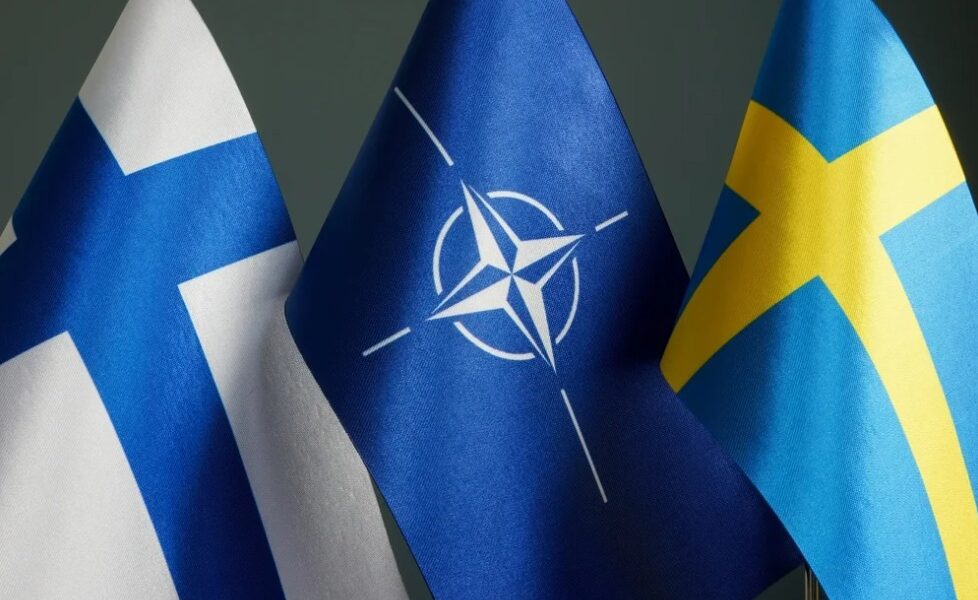Greece welcomes the historic decision of Finland and Sweden to apply for NATO membership, the Foreign Ministry said in a statement.
"The inclusion of two additional European partners, with deep-rooted democratic traditions and respect for international law, in the NATO family will further strengthen Europe's collective security, our unity and the consolidation of common values," the ministry said.
"We look forward to the speedy completion of the accession process and look forward to working with both countries as new NATO Allies," the statement concluded.
NATO Secretary-General Jens Stoltenberg said on Wednesday that Finland and Sweden have officially applied to join the world's biggest military alliance, a move driven by security concerns over Russia's war in Ukraine.
"I warmly welcome the requests by Finland and Sweden to join NATO. You are our closest partners," Stoltenberg told reporters after a receiving their application letters from the two Scandinavian countries' ambassadors.
The application must now be weighed by the 30 member countries. That process is expected to take about two weeks, although Turkish President Recep Tayyip Erdoğan has expressed reservations about Finland and Sweden joining.
If his objections are overcome, and accession talks go as well as expected, the two could become members within a few months. The process usually takes eight to 12 months, but NATO wants to move quickly given the threat from Russia hanging over the Nordic countries' heads.
Canada, for example, says that it expects to ratify their accession protocol in just a few days.
Public opinion in Finland and Sweden has shifted massively in favor of membership since Russia invaded Ukraine on Feb. 24.
Finland and Sweden are NATO's closest partners. They have functioning democracies, well-funded armed forces and contribute to the alliance's military operations and air policing. Any obstacles they face will merely be of a technical, or possibly political nature.
Swedish Prime Minister Magdalena Andersson on Sunday called the invasion of Ukraine "illegal and indefensible," and worried that Moscow might do something similar "in our immediate vicinity." Finnish President Sauli Niinistö told CNN the same day that the invasion indicated Russia was ready to attack an "independent, neighboring country."
Many analysts believe that one of the main goals of Russia's invasion was to weaken NATO by taking Kyiv's possible future membership off the board. If so, it has backfired spectacularly. The alliance is now stronger and more united than it has been for years, and it could soon be much larger.
But expanding NATO could also trigger serious reverberations. Doubling the security alliance's direct frontier with Russia would be a personal blow for Putin, who has focused on undermining the Western alliance since he first became Russia's President, more than 20 years ago.
The enlargement of Nato must be approved by all 30 members and then ratified by their parliaments, which could take up to a year. The alliance has said it wants to move as fast as possible given the potential Russian threat to Finland and Sweden.
The two countries’ applications represent a radical redrawing of Europe’s security landscape in the wake of Russia’s invasion of Ukraine and, if successful, would represent the most significant expansion of Nato in decades, doubling the alliance’s border with Russia.
Stoltenberg said Nato would “take into account the security interests” of all members and was “determined to work through the issues and reach rapid conclusions”. All allies agreed on the importance of enlargement, he said, adding: “We all agree we must stand together and that this is an historic moment we must seize.”
In Ankara, however, Erdoğan told MPs from his AK party the alliance must respect Turkey’s reservations. “Nat
READ MORE: Greece to grant U.S. military continued access to its bases.


